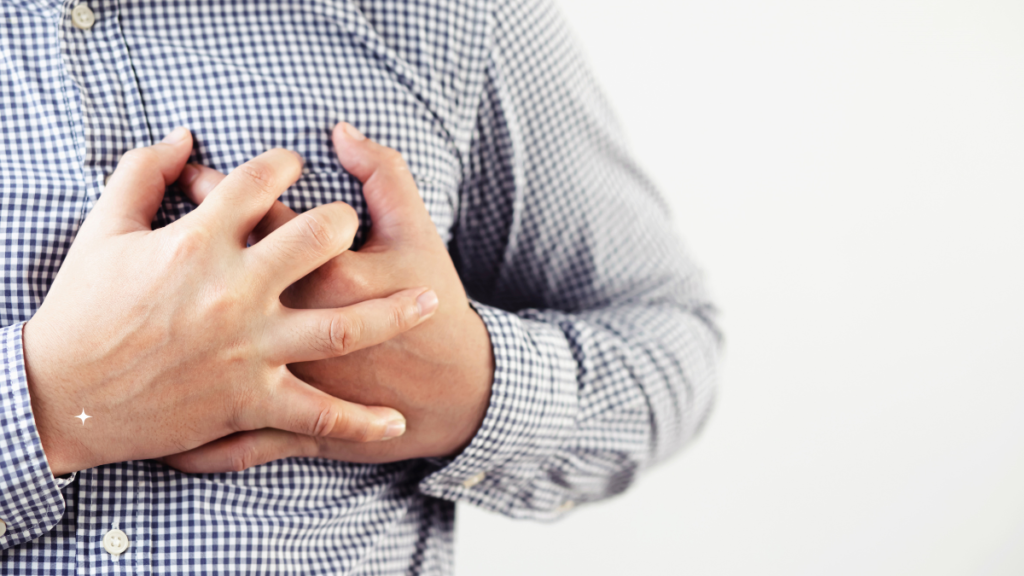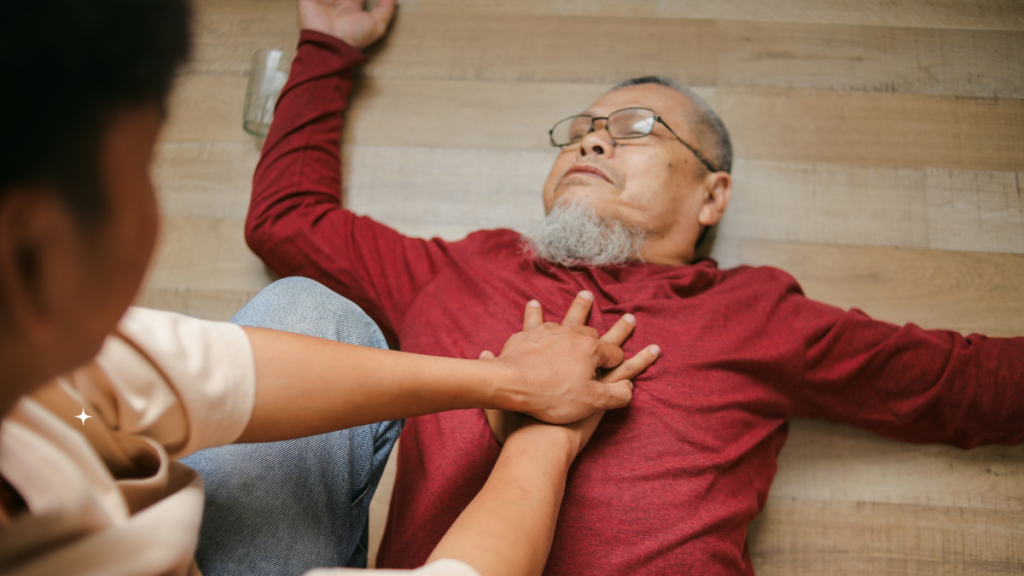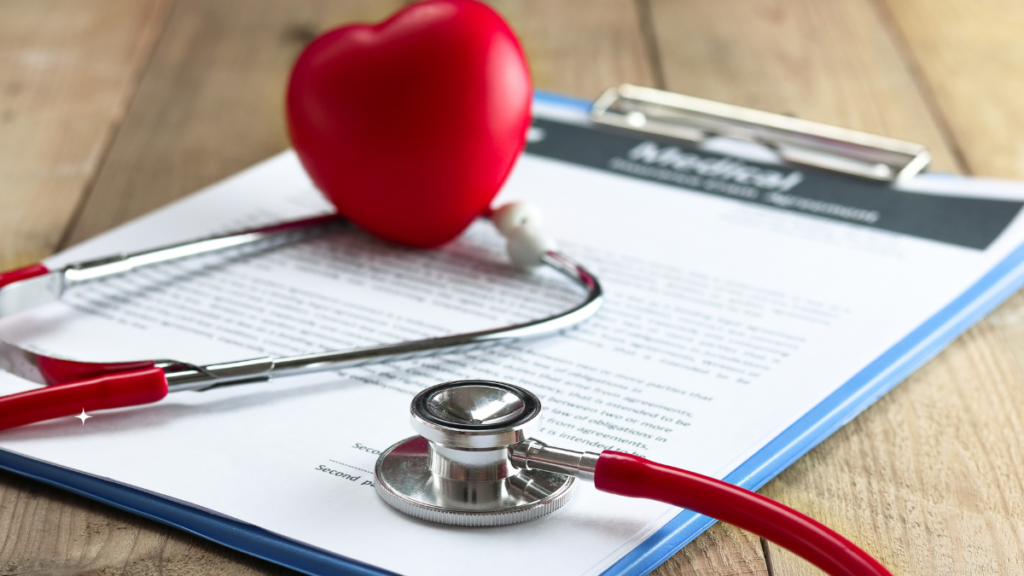In a city like Dubai—where long working hours, traffic stress, and high temperatures are part of everyday life—understanding basic medical emergencies is a must. Among the most misunderstood? The terms cardiac arrest and heart attack.
They’re often used interchangeably, but medically and practically, they’re very different. Recognising those differences could be the difference between acting fast—or too late.
The Key Difference Between Cardiac Arrest and Heart Attack
At a glance, both sound serious—and they are—but they impact the heart in completely different ways.
Heart Attack: A Blood Flow Blockage

A heart attack occurs when blood flow to part of the heart is blocked. The heart is still beating, but some of its muscle is slowly being starved of oxygen. If untreated, this can cause lasting damage or lead to a cardiac arrest.
Common signs:
- Chest discomfort or tightness
- Pain radiating to the arm, jaw, or back
- Shortness of breath
- Feeling nauseous or light-headed
- Cold sweats
Symptoms often build up slowly, and the person may remain conscious.
Cardiac Arrest: A Sudden Electrical Failure

Cardiac arrest is abrupt and often without warning. The heart’s rhythm stops suddenly, cutting off blood flow to the brain and body. Without immediate help, the outcome is fatal within minutes.
Signs include:
- Sudden collapse
- No pulse
- No breathing
- Loss of consciousness
This is a critical emergency requiring immediate CPR and possibly defibrillation.
What Triggers Each Condition?
The causes behind these events vary—though one can lead to the other.
Heart Attack Triggers:
- Blocked arteries due to plaque build-up
- High cholesterol or blood pressure
- Smoking, poor diet, or sedentary lifestyle
- Stress—especially in fast-paced environments like Dubai
Cardiac Arrest Causes:
- Abnormal heart rhythms (like ventricular fibrillation)
- Structural heart issues (sometimes inherited)
- A heart attack triggering electrical failure
- Drowning or electrocution
- Drug overdose or severe trauma
What to Do in Case of Either Emergency
If you suspect a heart attack:
- Call 998 immediately (UAE emergency services)
- Keep the person calm and seated
- Loosen tight clothing
- Offer aspirin if the person isn’t allergic and is conscious
- Monitor until help arrives
If someone collapses (possible cardiac arrest):
- Call emergency services right away
- Start CPR—push hard and fast in the centre of the chest
- Ask someone to locate an AED (automated external defibrillator)
- Use the AED as soon as it’s available
Many malls, metro stations, and public buildings in Dubai are now equipped with AEDs.
Cardiovascular diseases are among the top health concerns in the UAE, with lifestyle habits, extreme weather, and high stress levels contributing to rising cases. Long work hours, irregular eating, and limited physical activity are common, particularly among expat professionals.
Recent health campaigns by local authorities have stressed early detection and emergency preparedness. Yet awareness remains a challenge—many still don’t know how to spot early symptoms or perform CPR.
With a significant portion of cardiac arrests occurring outside hospitals—often at home or in workplaces—bystander knowledge is vital.
Prevention: The Best Line of Defence

While not every case can be avoided, making conscious changes to your lifestyle significantly lowers the risk.
Recommended steps:
- Schedule routine heart check-ups, especially if you’re over 40
- Choose a diet low in saturated fats and high in fibre
- Get at least 30 minutes of moderate exercise most days
- Limit smoking, shisha, and excessive caffeine
- Learn CPR—it’s a skill that could help save someone’s life
Dubai Health Authority and other UAE medical institutions frequently run public awareness campaigns and first-aid training sessions. Taking part in these can help you feel more prepared to act confidently in an emergency.
A Few Seconds Can Save a Life
In Dubai, where life moves fast and emergencies can happen anywhere—from offices to malls—being informed is no longer optional. Recognising whether it’s a heart attack or cardiac arrest, and knowing how to respond, gives you the chance to protect your family, colleagues, or even a stranger.
Every second counts. And every informed resident matters.
Read More:
- Things That Are Trending in Dubai in 2025—and Where to Get Them – Social Kandura
- Where to Eat with Your Besties This Friendship Day in Dubai – Social Kandura
Stay ahead with local health tips, emergency updates, and wellness advice in Dubai—follow Social Kandura for the latest news that matters most to residents across the UAE.











